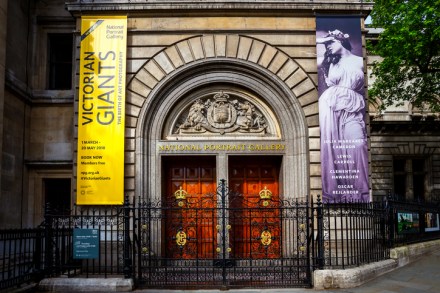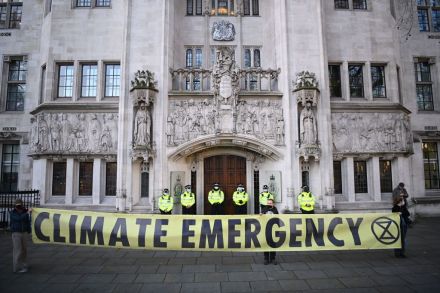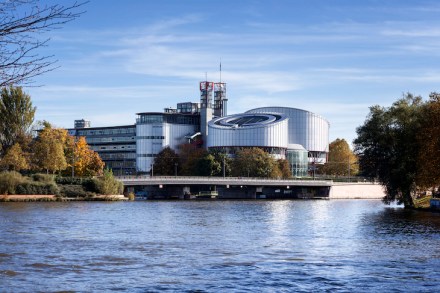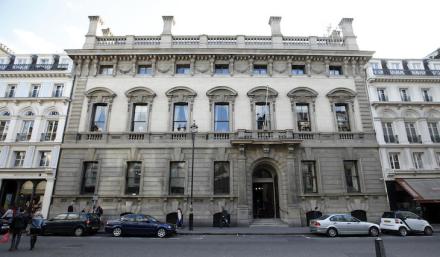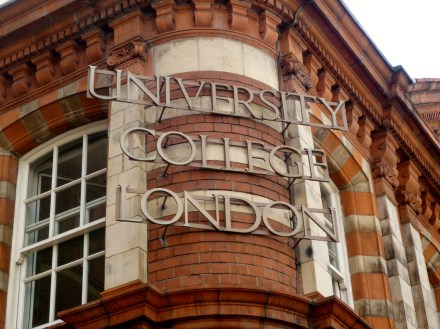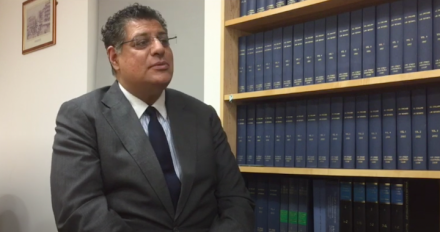Cracking down on the ECHR won’t save Sunak
Rishi Sunak’s unequivocal statement this week about sex and the Equality Act was a clever piece of electioneering. Subsequent reports suggesting that the Tories planned to harden their stance on the European Convention on Human Rights (ECHR), by contrast, had the air of a measure taken in sheer panic. Regrettably, this will be obvious to











